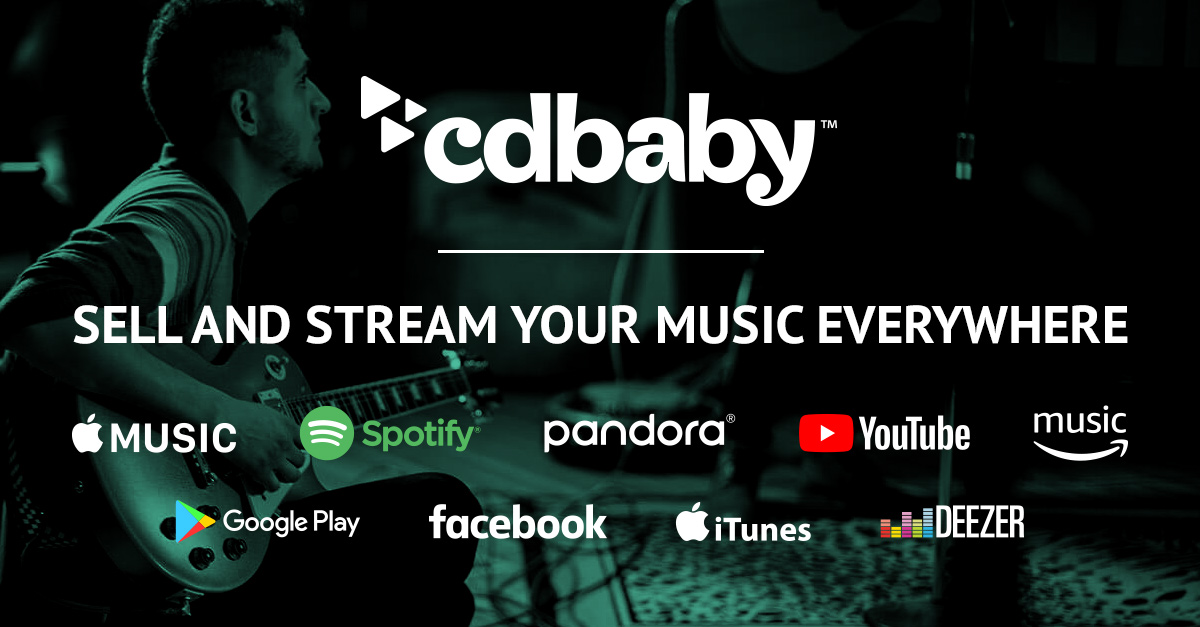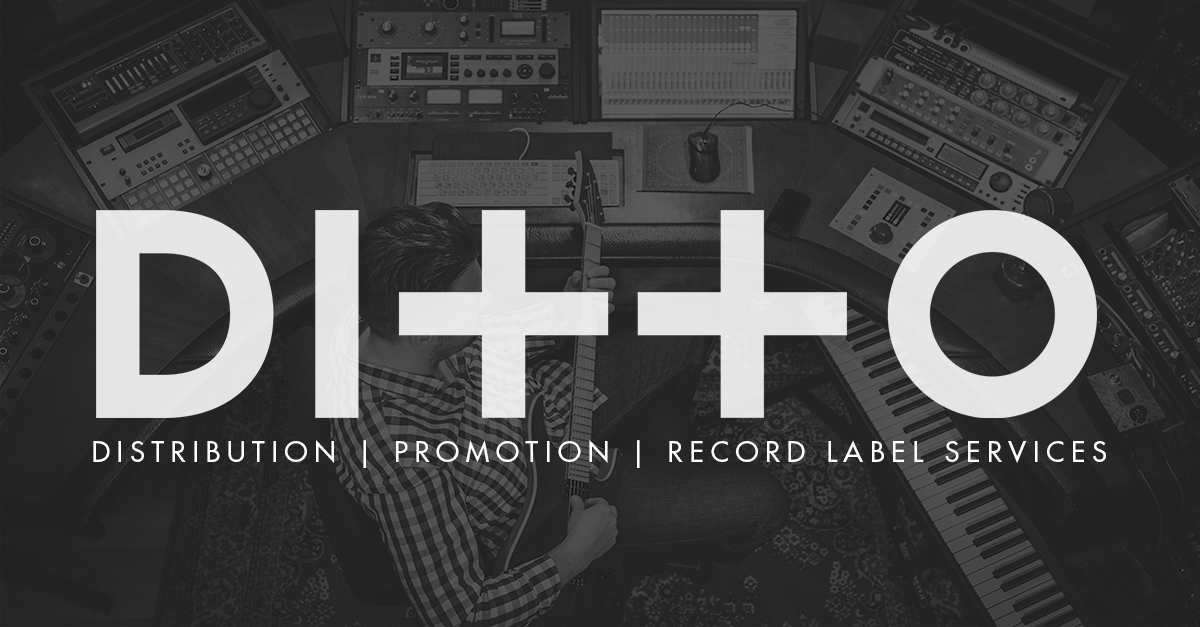Why 100% of your royalties is potentially a bad deal [op-ed]
![Why 100% of your royalties is potentially a bad deal [op-ed]](https://images-r2.thebrag.com/tmn/uploads/Money-Guitar.jpg)
There’s a new level of empowerment being experienced by musicians. The old gatekeepers of the industry are currently being subverted. You no longer need a third-party record label to release music and you can become your own record label in an afternoon with almost no capital.
The key to this is digital distribution, and it is now a public service that can be accessed online without anyone even hearing your music first. Some of these services claim to pay 100% of the earnings back to the artist. Tasty right? But this means your success has no impact on their business. So will they give you the support you need, to get the best possible results from your release?
It’s not expensive to send electrons down a wire. They don’t need convincing, in fact, they’re keen to do it. So as a result sending music around the world is now insanely cheap. It was little more than a decade ago when moving a hundred thousand albums literally meant shipping tonnes of plastic into people’s homes. But now we can send our music around the globe from our laps, almost instantly. The hard bit is finding people who want to press play.
No longer is that infrastructure the domain of established record labels. In a moment of inspiration, we can write and record a song, deliver it to hundreds of music services and have it scheduled for release all before our morning coffee. But not every moment of inspiration connects with an audience, so a service that’s available to everyone has to have a business model that supports its own longevity. The two main business models for digital music distribution are fee-based or commission-based. Some are a mix of the two.
Making a choice between Noisehive, CDBaby, Tunecore, Ditto Music, Symphonic, Gyrostream, Distrokid or any other aggregator may be one of the most important career choices an independent artist or label could make. But figuring out which service best suits one’s needs is potentially a daunting task. But there are clues about these services in their pricing structure.

Image: cdbaby.com
Some aggregators have a sign-up fee, some have a fee for each release as it goes out, some charge for every month or year a track is online & some even charge for additional services which may just be standard inclusions with other providers. Some take a commission on earned revenue, some don’t. The big question that needs consideration is this: “What does my success mean to them?”.
If a distributor makes all their money from sign-ups and fees for putting out releases and they don’t take a commission, then it follows that they have no financial interest in your success. They are no longer a business that sells music, they sell their service and their growth comes from acquisition, rather than total music revenue.
Arguably, their profit margins improve when they spend fewer employee hours dealing with clients, when they automate more of their processes, when they push more responsibilities back onto the artists, when they move you away from human support and towards an FAQ page. They make the same amount of money if you have a gold record or less than a dozen streams. That last point is worth taking very seriously.
The temptation is to do the math on the total fees you might pay with a fee-based provider vs the potential commission you might pay with a digital music distributor who uses a commission model. If you estimate earnings of $5000, then $1000 commission might seem very expensive compared to a couple of hundred dollars in fees. But it may not be a fair comparison. Digital music distribution isn’t a commodity, it’s a service and the quality of that service will have real-world implications on the success of your music.
A commission-based distributor should see you more as a partner than a customer. After all, if you make money, they make money. Moreover, it probably makes very little sense to form a partnership with someone who has no vested interest in your success.

Image: dittomusic.com
There are inevitably unforeseen issues that your release may encounter. Your release may come down from a platform for not being compliant to that company’s style guide. How quickly this is rectified could literally be the difference between a release charting or not? In that situation, would you prefer to be tied to a service that charges you the same amount regardless of your revenue or one who stands to lose money if they drag their feet?
You may urgently need to replace a master. This could be urgent to you or urgent to both you and the distributor, depending on the agreement you have in place.
There may also be strategies you haven’t considered which are free and can help your release. Exclusivity on a DJ platform, pushing back your release date to make sure international curators have a chance of hearing your track. Releasing a series of singles in the lead up to an EP. These would make very little difference to an aggregator who charges you the same amount regardless. But these ideas could get a release of yours off to a great start and help create the buzz you needed.
Putting out records is something you will improve at. Your processes will get better and smoother. You will develop and evolve strategies as your label matures and the industry inevitably changes. A distributor that is willing to invest time and communicate with you may accelerate that improvement. They will see it as an investment in the future of your partnership and ultimately both of your earning capacities. The commission model sponsors this approach.
Some of the above factors are very hard to quantify, and if you see aggregation as a commodity then a commission model might struggle to survive the calculations. Yet it does stand to reason that if an aggregator can influence your success, one who stands to gain from that success may just work a little harder.
Arlo Enemark has spent 10 years as a music industry professional, working on content strategy, A&R and digital distribution for labels and artists with Xelon Entertainment as well as being label manager for dominant Aussie club label Medium Rare Recordings. Arlo now heads up noisehive.com –Xelon’s distribution platform for independent artists. “


































